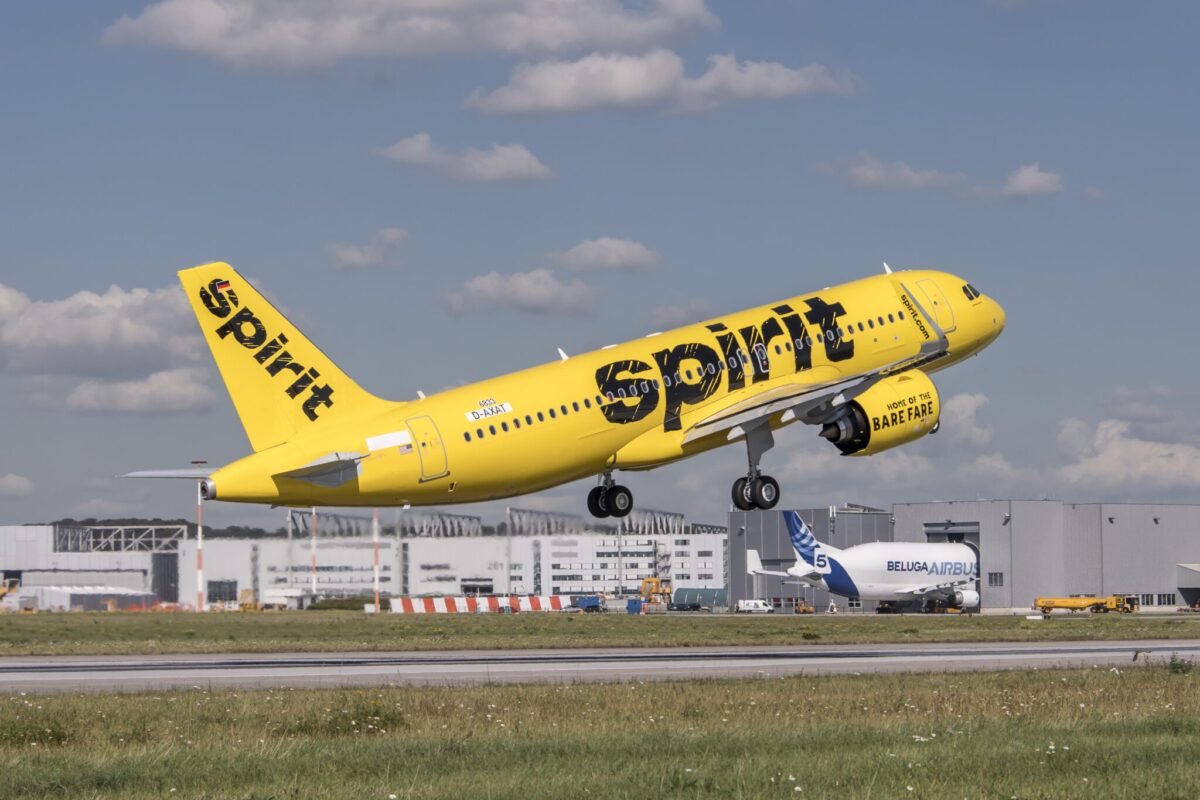Spirit Airlines Furloughs 186 Pilots as Many Take Voluntary Leave

Skift Take
Spirit Airlines furloughed 186 pilots on September 1, a result of Pratt & Whitney engine issues grounding part of its fleet and its decision to defer aircraft deliveries.
Spirit had anticipated that it would furlough 260 pilots, but multiple pilots accepted voluntary leaves, according to Air Line Pilots Association Spirit chair Ryan Muller.
Muller said that a “significant number” of pilots chose to take a voluntary furlough, “protecting a more junior pilot’s career.”
ALPA said the furloughed Spirit pilots have been offered preferential interviews and benefits at other airlines represented by the union. The furloughed pilots won’t be paid, but they are still eligible for benefits. It’s unclear how long the furloughs will last.
“Although the furloughed pilots are not currently flying the line at Spirit, they remain part of our union,” Muller said. “We look forward to their return to the flight deck, whether at Spirit or another carrier, and are committed to continuing to support all our pilots.”
A Tough Road for Spirit
The ultra-low-cost carrier has been struggling since the pandemic. Recently, the airline recorded a $192.9 million loss for the second quarter, a sharp decline from its $2.3 million loss at the same time last year. It cited softer ancillary sales and an overcapacity of domestic seats as reasons for the steep loss. Spirit has $1.1 billion in debt that is set to mature in September 2025.
Spirit also placed a temporary freeze on flight attendant and pilot recruitment and offered voluntary unpaid leave to cabin crew members in a bid to cut costs.
The airline implemented a slate of changes to its business model, which include bundled fare options that have free Wi-Fi, a checked-in bag, priority check-in, boarding and complimentary snacks. It’s also introducing a form of premium seating that blocks off the middle seat.
During a call with analysts August 1, Spirit CEO Ted Christie said the ultra-low-cost model is not “broken” or “obsolete.” Executives at legacy carriers like United Airlines have said they believe low-cost models have “largely run their course.”
“Quite the opposite. Our larger, higher-cost brethren have introduced products and services that mirror what we currently offer,” Christie said. “And in doing so, have figured out ways over the last few years to more effectively compete for low-fare traffic.”
Airlines Sector Stock Index Performance Year-to-Date
What am I looking at? The performance of airline sector stocks within the ST200. The index includes companies publicly traded across global markets including network carriers, low-cost carriers, and other related companies.
The Skift Travel 200 (ST200) combines the financial performance of nearly 200 travel companies worth more than a trillion dollars into a single number. See more airlines sector financial performance.





